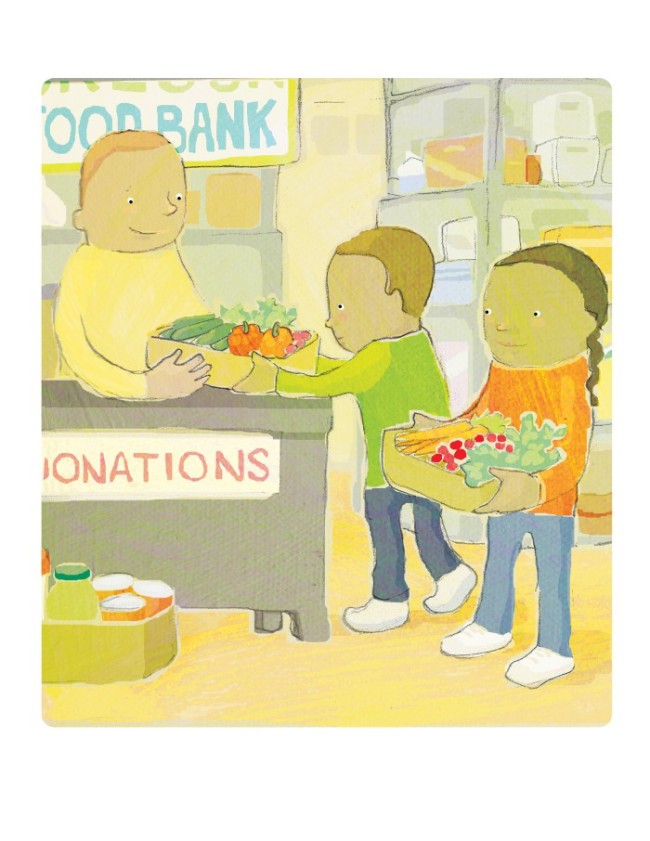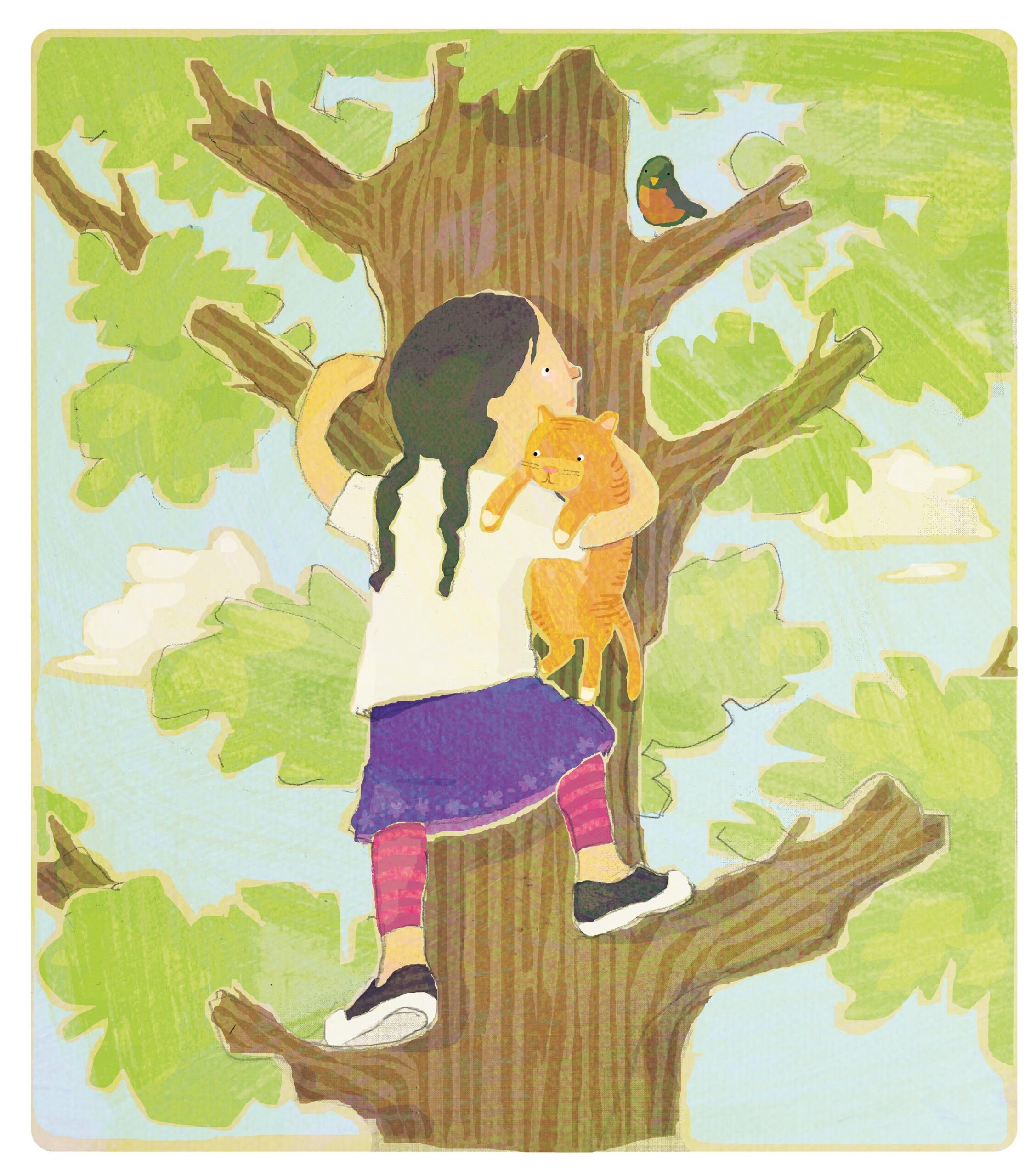When we share, our awareness grows beyond our little self to a broader reality.
Courage does not mean fearlessness and is a quality that exists within all beings and can be accessed at any time. We need only to turn inward to face life’s challenges with the courage that is already ours. Feeling anxious or fearful of new outward circumstances is normal for most people, but finding the courage to face those circumstances means recognizing that our divine nature is perfectly equipped and we have the inner resources to handle challenges.
When our identity is defined in outward ways, we are going to feel insecure because outward definitions always change. If we understand our identity as changeless spirit, then it is easier to let go of our attachment to our physical self. Jesus and other spiritual teachers have taught us that a spiritual path and our experiences on that path will lead us to a deeper understanding. It isn’t enough to just read the words or have the beliefs — we need to act in harmony with those beliefs in order to be more aware of who we really are. The world will tell us that our security depends on money in the bank or the right clothes or an important job, but we know all those things are temporary. True security that lasts forever comes from discovering the reality that we are spiritual beings. With that knowledge, we can face anything, even our fear of death. We can’t force children to feel secure, but we can encourage them to find that truth within themselves and live from that experience. We can also talk about death in a way that is not fearful. Our Western society does much to teach fear of death. We may not know what happens after we die, but if we are secure in the knowledge that our true self does not die, it only grows and evolves, then we need not fear death or any outward physical changes that happen to our human body.
Everyone has the option to say no — no, I don’t want to learn. No, I don’t want to work that hard. No, I won’t love that person. We were created with free will; saying no is a natural part of our development. But eventually, we begin to realize that saying no doesn’t usually bring us joy. We yearn for true happiness, and to find true happiness we must first stop saying no and say yes to growth opportunities. One of the greatest challenges in leading a spiritual life is simply being willing to try. Willingness requires that we step out of our comfort zone of limitations into new possibilities and allow new understanding to come through our experiences. Spiritual growth is about change. If we are not willing to have new experiences, or we are afraid of change, spiritual growth is impossible. Being willing is one of the greatest spiritual challenges, but it is also the secret to the greatest spiritual blessings. The disciples who followed Jesus left old ideas and habits behind and they discovered their true identity and their highest potential, all because they were willing. Meeting life with willingness requires enthusiasm, courage, good humor, humility, and a sense of adventure. It also means that we recognize the presence of God in every circumstance. Every life challenge shrinks when we are willing to take it on. If we encourage willingness in children, they will discover infinite possibilities in life and the infinite presence of spirit through every opportunity.
Like all spiritual and religious celebrations, Easter can be experienced and understood on many levels. In the cycles of nature, we see examples of renewed life: animals being born, trees sprouting leaves, and flowers bursting with color in the spring. Our hearts respond with deep yearning for inner renewal as well. Springtime rituals in the northern hemisphere have always been a way to welcome the awakening life energy of the earth and the return of light, but they are also symbolic of the inner awakening that all souls experience. In the southern hemisphere, Easter is celebrated in the fall and is a time to celebrate the fall harvest and the gathering of family and friends. A Christian scholar, the Venerable Bede (672–735 AD), first asserted that Easter was named after Eostre, the great mother goddess of the Saxon people in Northern Europe. Her name was derived from the ancient word for spring, eastre. Pagan festivals associated with birth, the renewal of life, fertility, and sunrise date back to long before Christianity. Pagan religions in the Mediterranean area are recorded as having a major seasonal day of religious celebration at or following the Spring Equinox. Many of the present-day customs of Easter have their origins in these festivals.
Jesus said part of the reason one has to pour New Wine into new wine skins was to preserve the old wine and old wine skins.
Regarding Heaven and Hell; Ah, but a man's reach should exceed his grasp, or what's a heaven for? - Robert Browning. An evangelical pastor of a mega-church, Rob Bell, creates a stir when he writes a little book, suggesting when it comes to a place called heaven, there's room for everyone. What the hell?















